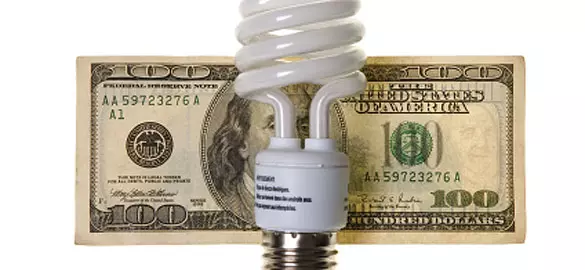Does buying an energy efficient house decrease home mortgage defaults?
Is there a connection between the monthly savings on utility costs and the probability that you will pay your loan on time? New studies show that the answer may be “yes.” Using a massive sample of 71,000 home loans from across the country that were originated between 2002 and 2012, researchers found that mortgages on homes with Energy Star certifications (green homes) were on average 32% less likely to default compared to homes with no energy efficiency improvements.

Energy Star homes provide proven savings of 15% or higher on utility bills for the homeowner. Researchers statistically separated out factors other than energy efficiency savings that might account for the strikingly different performances by borrowers on their mortgages. They controlled for the house size, age of the house, neighborhood income levels, house values relative to the area median, local unemployment rates, borrowers credit scores, loan-to-value ratios, electricity costs, and even local weather conditions. So why the big difference in payment performance among borrowers during the roller coaster decade that saw the mortgage bubble, the housing price boom, the calamitous bust and the start of a recovery? Executive Director of the Institute for Market Transformation says that, “it stands to reason that energy efficient homes should have a lower default rate because the owners of these homes save money on their utility bills.”
Yet, many buyers are not clamoring for the “green” home due to a slightly higher purchase cost. Would you like a green home – energy efficient, improved air quality, water conservation and sustainable materials?
